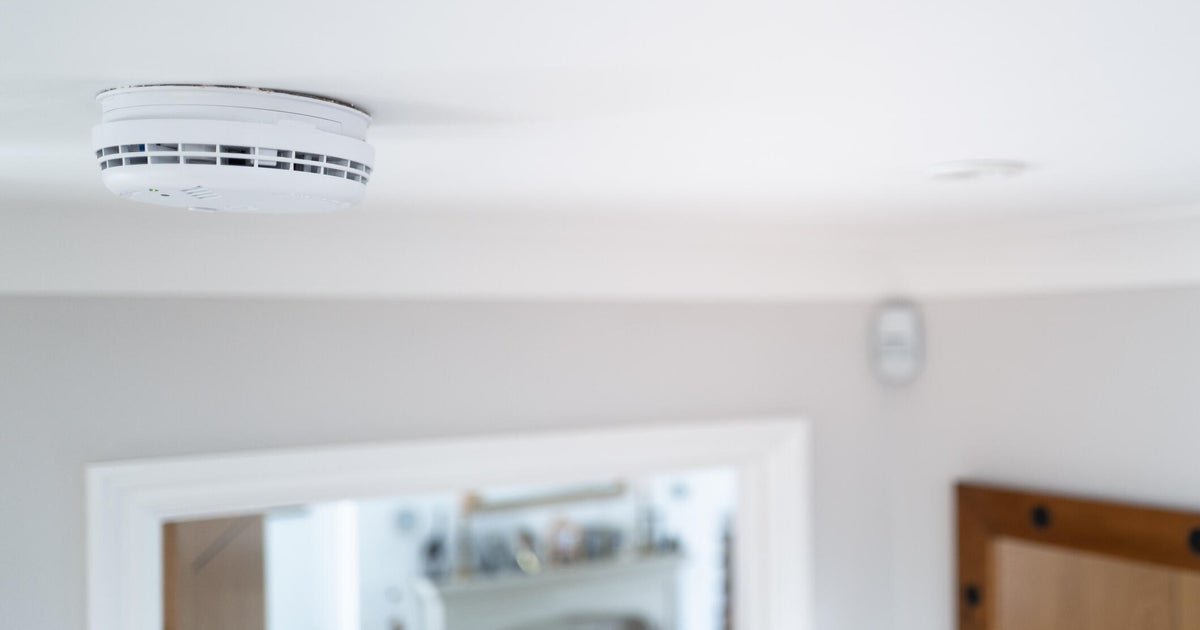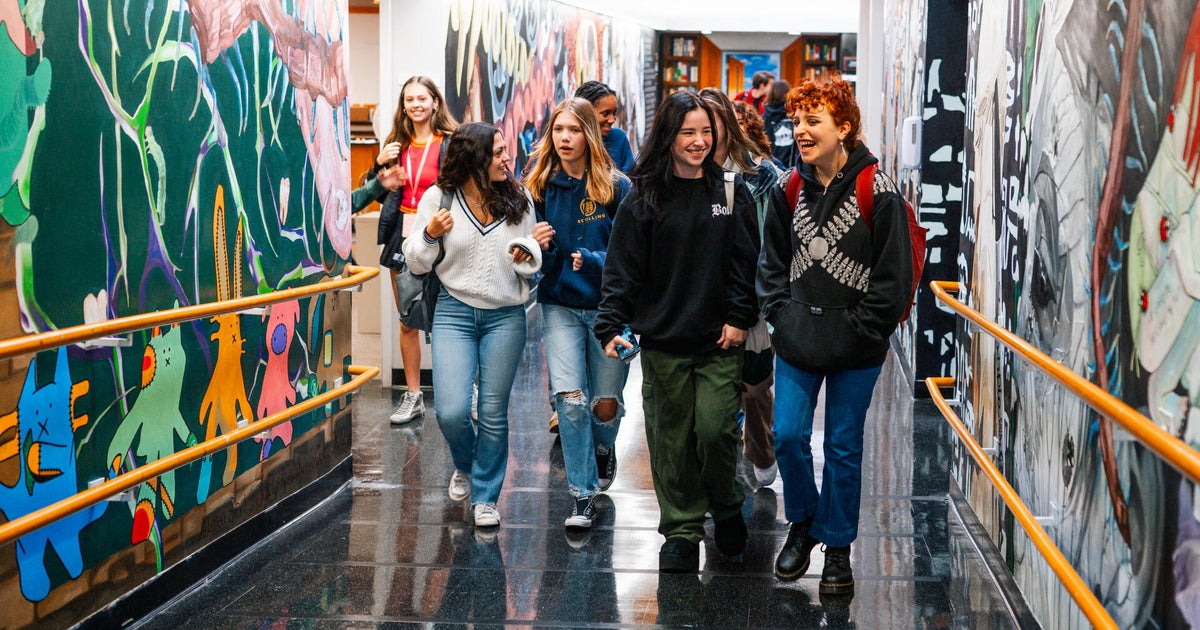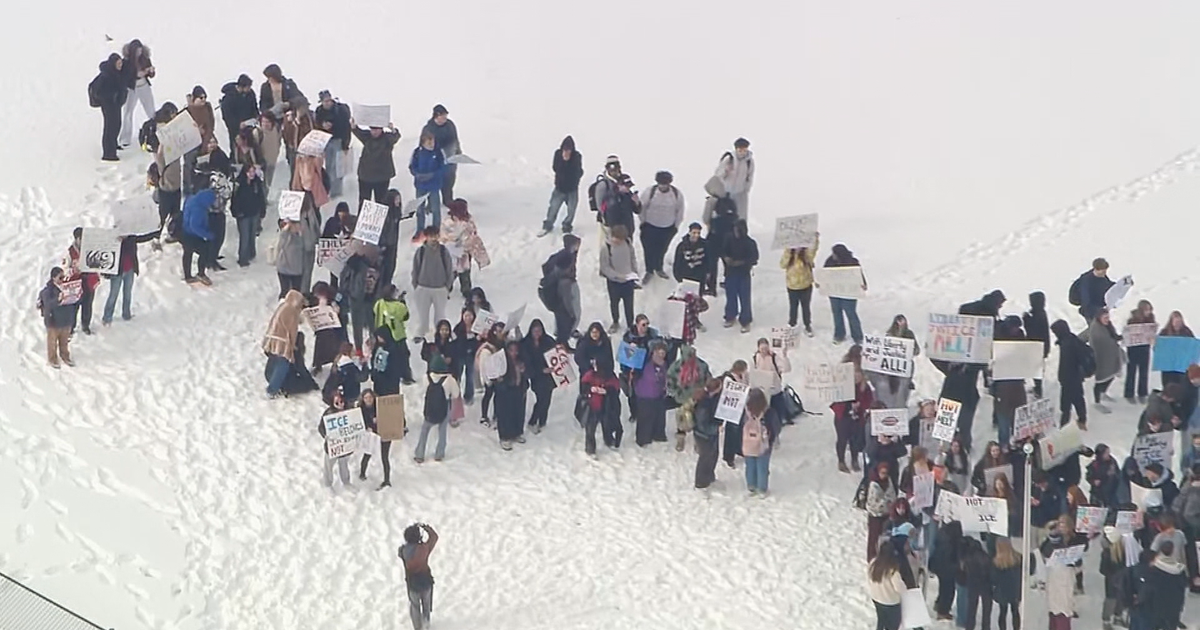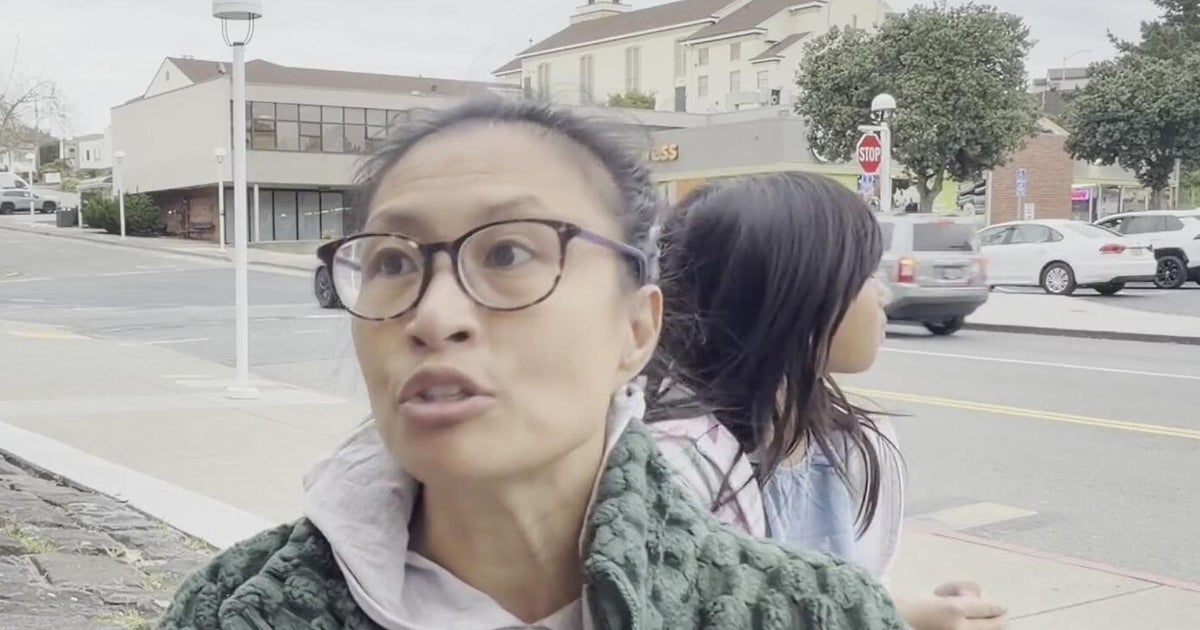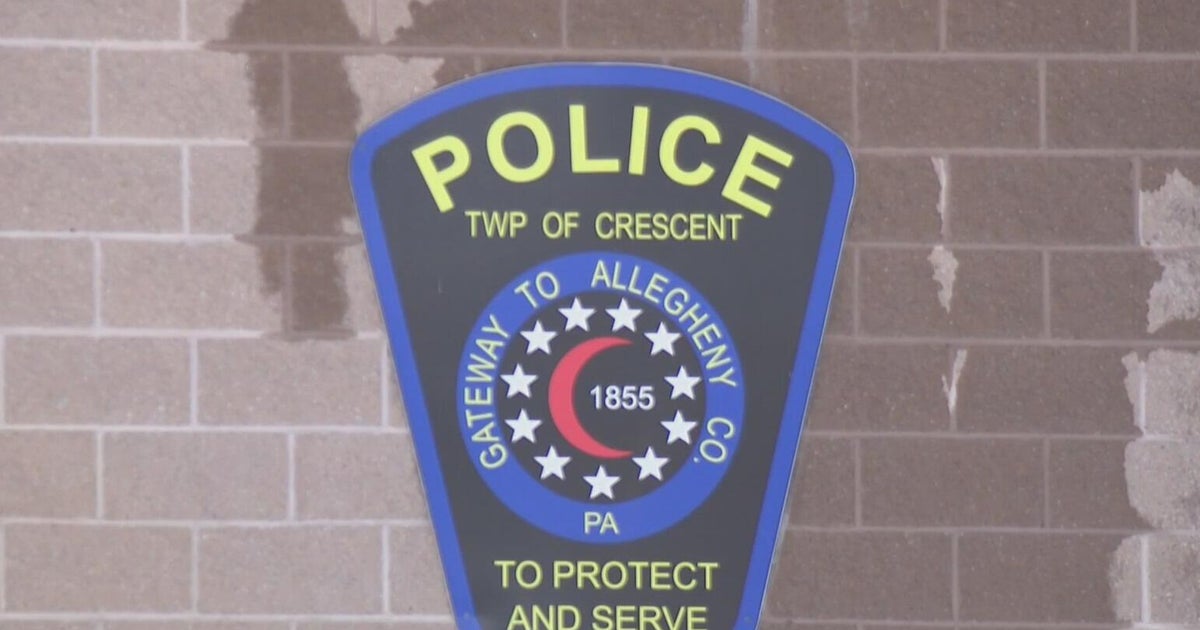Question Everything: Do metal detectors at schools really work?
BOSTON - In a letter to Boston Mayor Michelle Wu, several Boston City Councilors are calling for zero tolerance on school violence, and asking the city to beef up police and add more metal detectors in schools. The question is: Do metal detectors in schools really work?
"This year alone there has been a shooting, stabbing, recovered loaded firearms," lists Boston City Councilor Michael Flaherty. "I've seen enough' I've heard enough; we've talked to enough parents; we need to act now."
"My fear is what is it going to take for people to see?" adds fellow Boston City Councilor Erin Murphy.
Of all the school deterrents against weapons, school safety researchers believe they are actually the least commonly used tool. A report out of the WestEd Justice and Prevention Research Center says, as of 2017, New York Schools reported that of the weapons confiscated in a single school year, 57% were found without a scanning device. Furthermore, for every 23,000 students scanned, just one dangerous item was found. The research center also suggests that school staff often lack the training to properly use metal detectors or sometimes have them not working properly.
"Charlestown High, their community, a couple of years ago, their school decided they didn't want to plug their metal detectors in. They had a shooting at graduation, and early this year, they had a loaded gun in the school," says Murphy.
Councilors Murphy and Flaherty say numerous Boston schools choose to leave their detectors unplugged or cast to the side.
"I didn't know it could be a school-by-school basis," adds Murphy, who is also a former Boston Public School teacher.
School safety researchers suggest metal detectors can create long lines to get in or give students a sense of fear.
"There is technology out there with different types of metal detectors and checking for weapons different ways," says Murphy.
Murphy was on a call with Boston Schools Superintendent Mary Skipper on Wednesday morning discussing detection technology alternatives. Brockton High School dealt with logistics issues before they turned to a high-tech weapons detection system over metal detectors. The district says students can just pass through with backpacks, and their system will search for weapons, not just any piece of metal.
"With our $1.4 billion school budget, we need to do a better job communicating," tells Murphy.
Over the past year, Flaherty and Murphy say there have been 744 sexual assaults in Boston schools and 440 cases of bullying.
"Parents and guardians call my office all the time. They are demanding stronger focus on school safety," says Flaherty.
We spoke with Ben Fisher, a professor at the University Of Wisconsin. He has researched security measures in schools.
"You can spend some money and put in metal detectors, or put on a big show of having police dogs some in, but those aren't the things that make schools safe," believes Fisher.
He admits that detectors do help and can catch a weapon, but he says those are one-off situations. They don't help fix the overall issue. He says it is more about building a structure and community at the school that makes students feel safe, heard and have pride in their school and fellow classmates.
"Make sure every student has an adult in the building who they know cares about them," adds Fisher, "Have young people feel like they belong in school and have a stake in the broader school environment."
"If we are able to confiscate a weapon, we can engage that child, that student in a conversation - find out what is happening," adds Flaherty. "It may be a situation of bullying, cyberbullying. It could have been an incident a day or week before. Change the culture of what is happening in Boston Public Schools."


